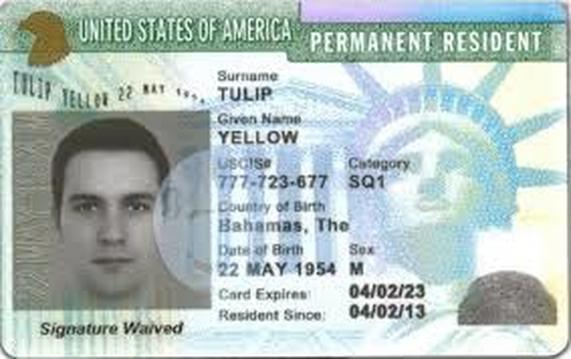The U.S. is recognized for the various opportunities available, giving those from other countries the freedom they are seeking and the ability to become successful. Perhaps those are the two main reasons why so many foreign nationals want to immigrate here from other countries. While some may have to go through an extensive process so they can receive the clearance to enter, others have family living in the country who can petition for them to obtain lawful permanent status here in the U.S.
Being a lawful permanent resident of the U.S. means a person was granted permission to enter the U.S. and they meet all the requirements to either live and work here permanently. There are two ways you can help them obtain the necessary documentation that would permit them to be a lawful permanent resident, however, the process and the timeline to receive these documents varies based on your current status.
So, you need to ask yourself, are you a U.S. citizen or a permanent resident yourself? As a U.S. citizen, you can file a petition for the following relatives:
- Your husband or wife.
- Children, married or unmarried.
- If you are 21 years of age or older, you can file a petition for your parents or siblings.
[Source: USCIS].While a spouse, single children under 21, and parents are able to receive permission to enter and live in the U.S. as a lawful permanent resident after the required documentation is filed and approved, other relatives are subject to waiting an extended period of time before they can be granted the same permission.
If you would like to learn more about how you can help your family member enter into the U.S. or have their current status adjusted to a permanent resident, the Atlanta immigration lawyers at Kuck Immigration Partners are available to help you. There is a process you must go through involving filing detailed paperwork and our immigration and green card attorneys want to be sure you submit everything in a timely manner, free from errors.
Understanding the Immigration and Nationality Act (INA)
If you weren’t aware, family unification is one of the key principles found in the U.S. immigration policy. According to the Congressional Research ervice, 990,553 foreign nationals were admitted into the U.S. in 2013 of which 649,763 were admitted based on family ties. That is 66% of the individuals who entered. Although immigration law is currently changing and new laws are taking effect, you should be aware of the laws that can help you get a relative of yours into the U.S. or have their current status changed to a more permanent one.



 RSS Feed
RSS Feed
